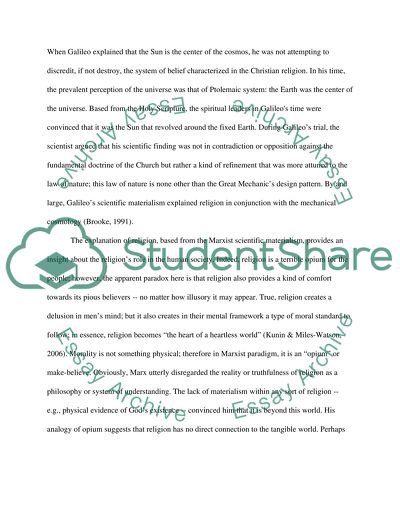Cite this document
(“Scientific Materialism of Marx and Galileo: On Religions Role and Essay”, n.d.)
Retrieved from https://studentshare.org/environmental-studies/1406468-scientific-materialism-of-marx-and-galileo-on-religions-role-and-nature
Retrieved from https://studentshare.org/environmental-studies/1406468-scientific-materialism-of-marx-and-galileo-on-religions-role-and-nature
(Scientific Materialism of Marx and Galileo: On Religions Role and Essay)
https://studentshare.org/environmental-studies/1406468-scientific-materialism-of-marx-and-galileo-on-religions-role-and-nature.
https://studentshare.org/environmental-studies/1406468-scientific-materialism-of-marx-and-galileo-on-religions-role-and-nature.
“Scientific Materialism of Marx and Galileo: On Religions Role and Essay”, n.d. https://studentshare.org/environmental-studies/1406468-scientific-materialism-of-marx-and-galileo-on-religions-role-and-nature.


